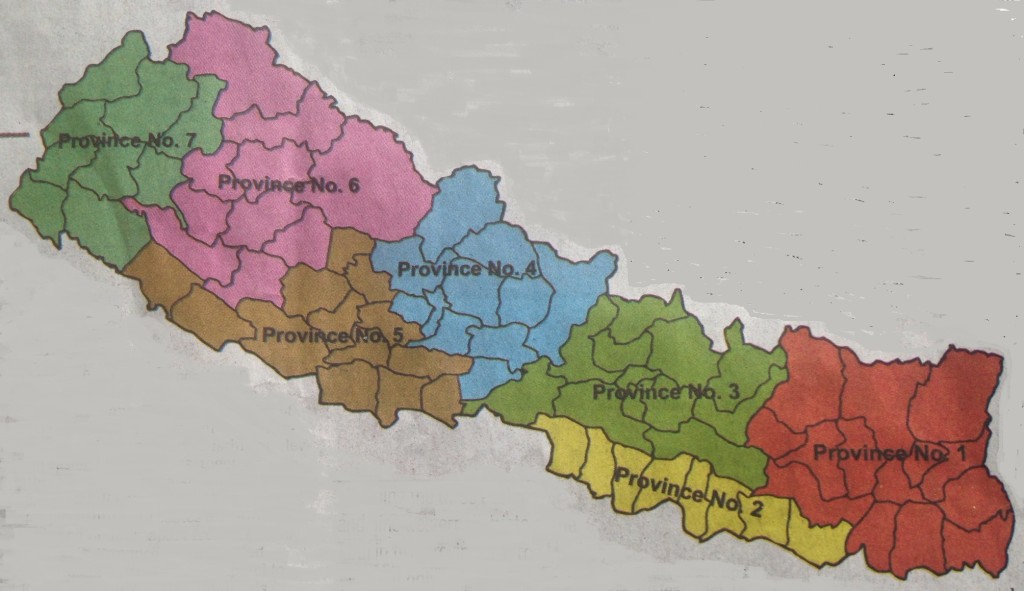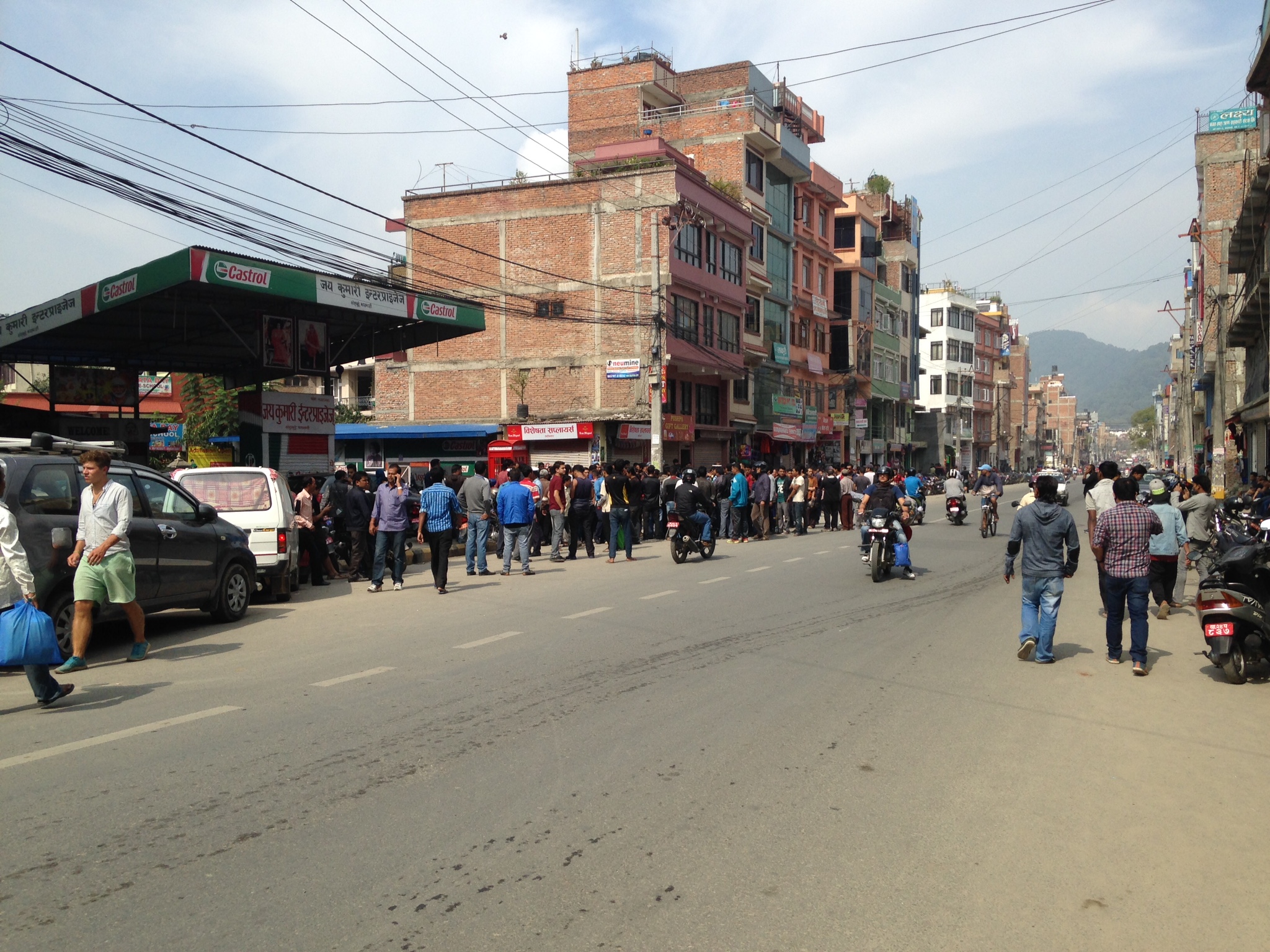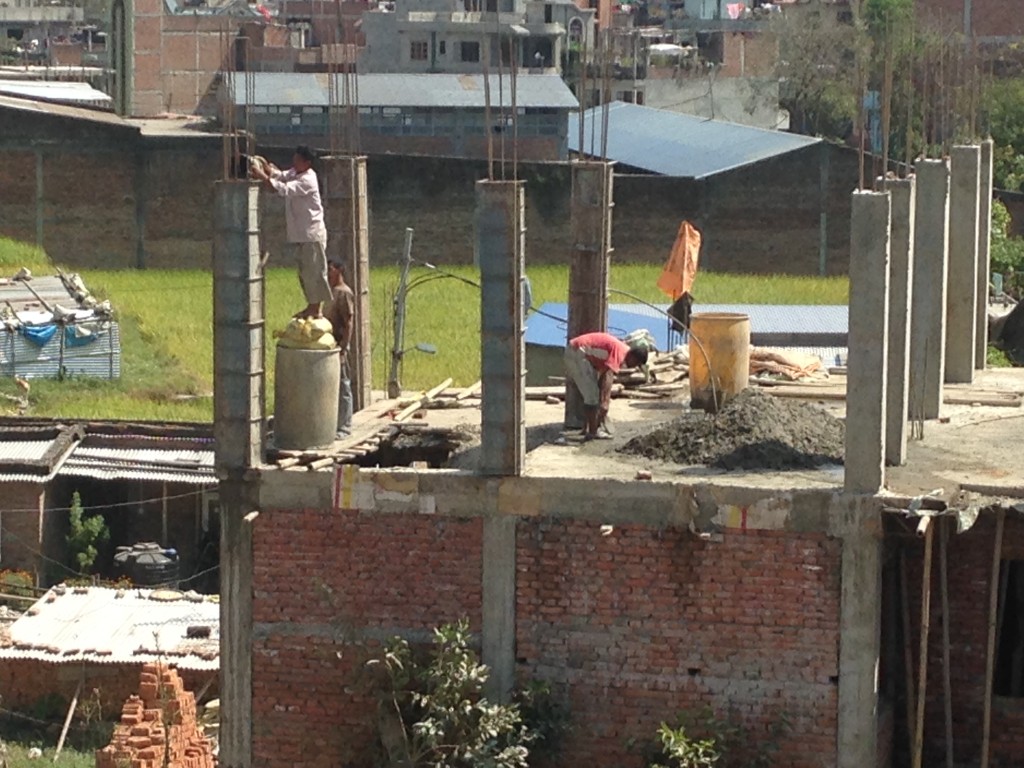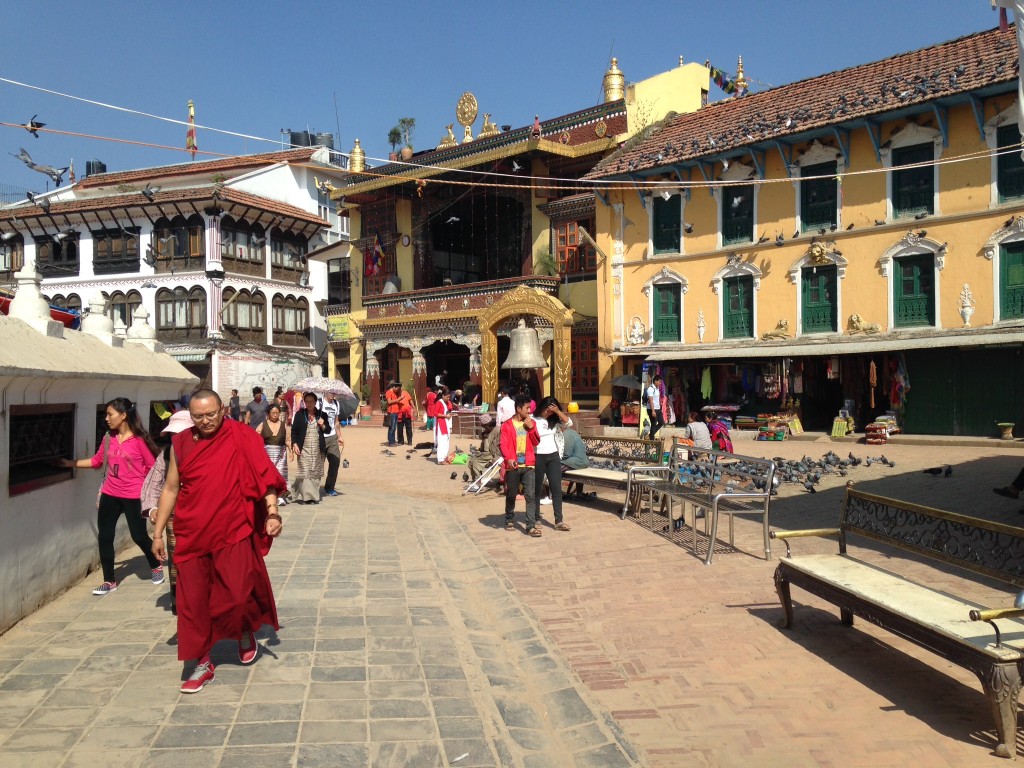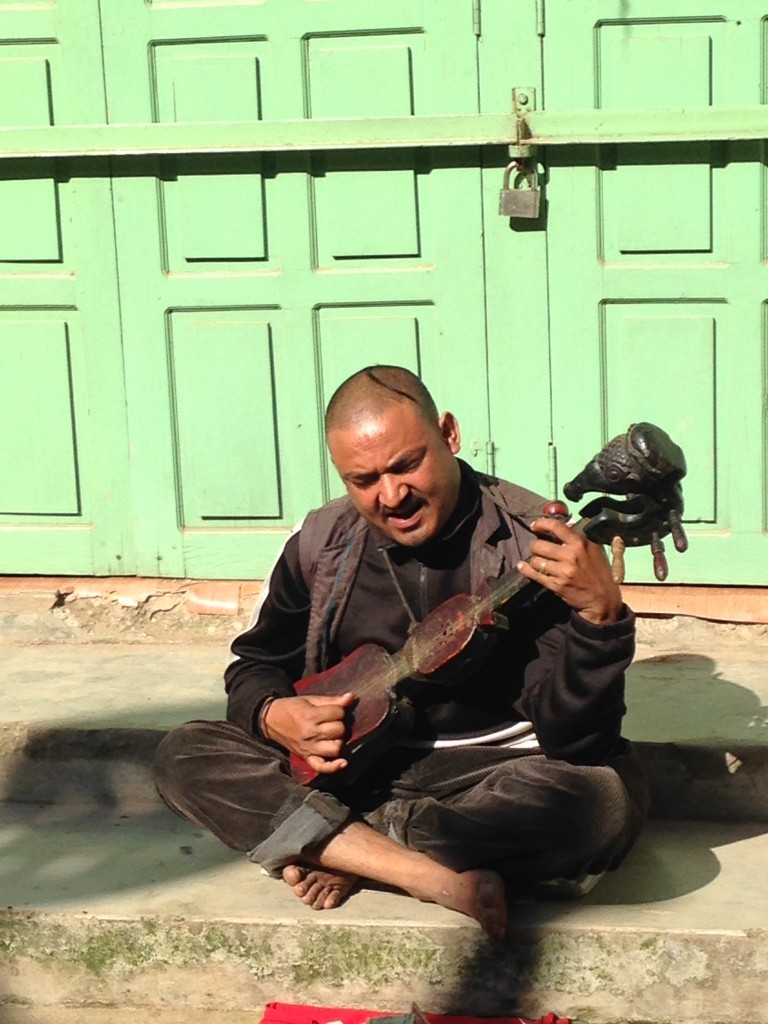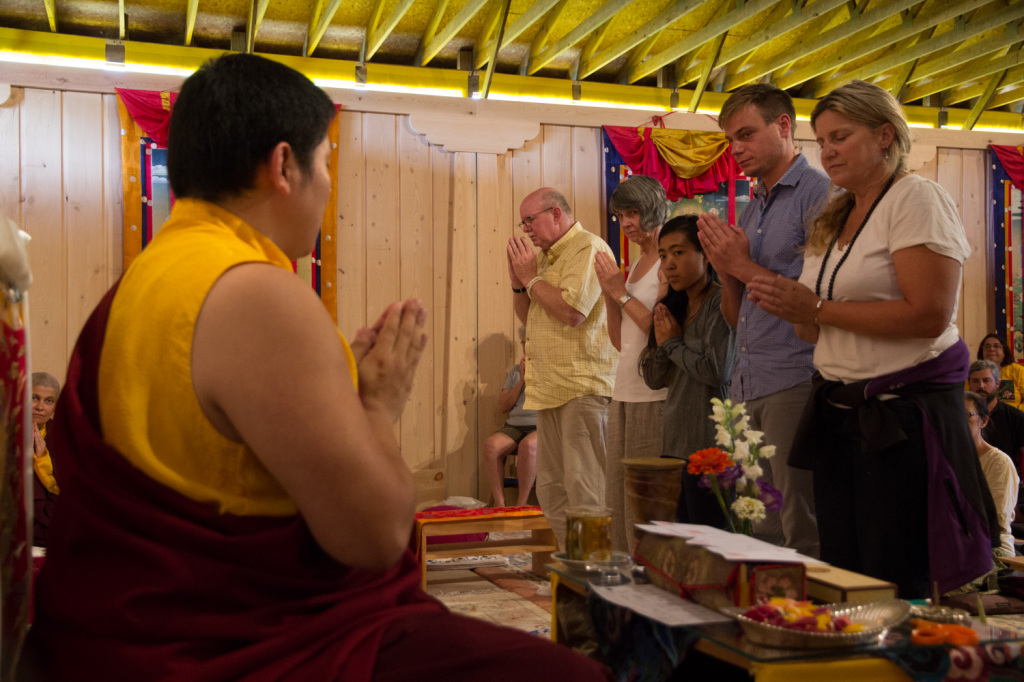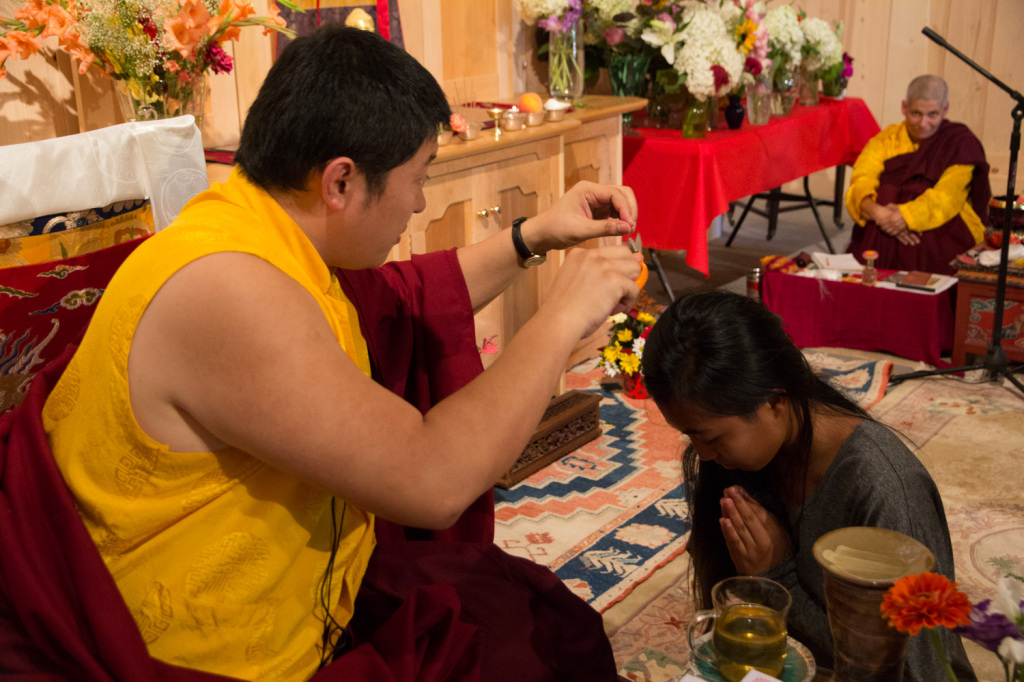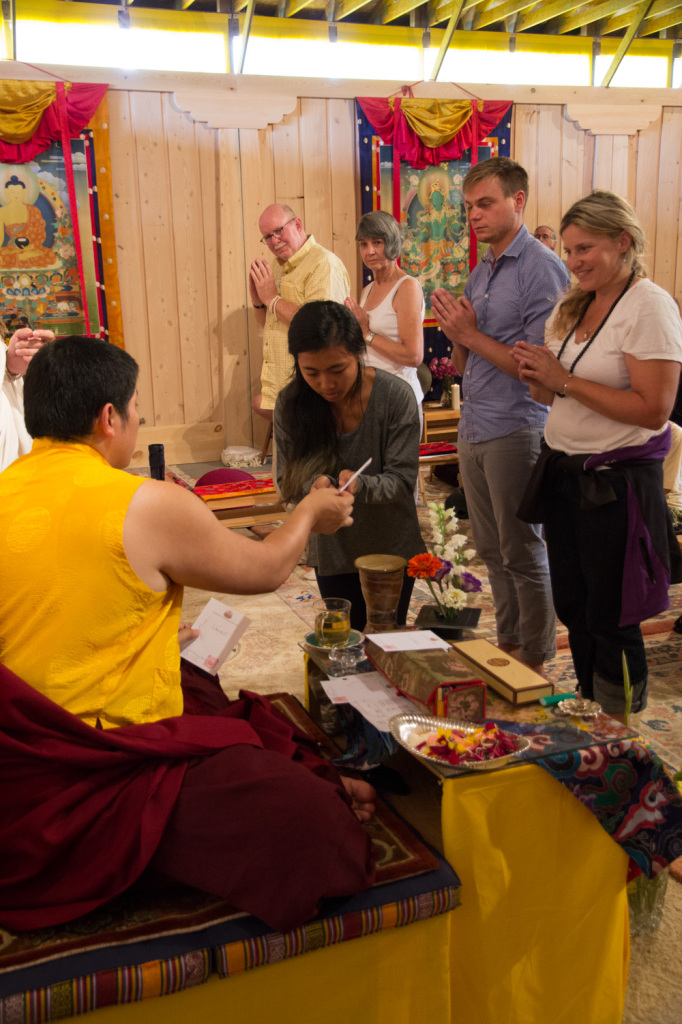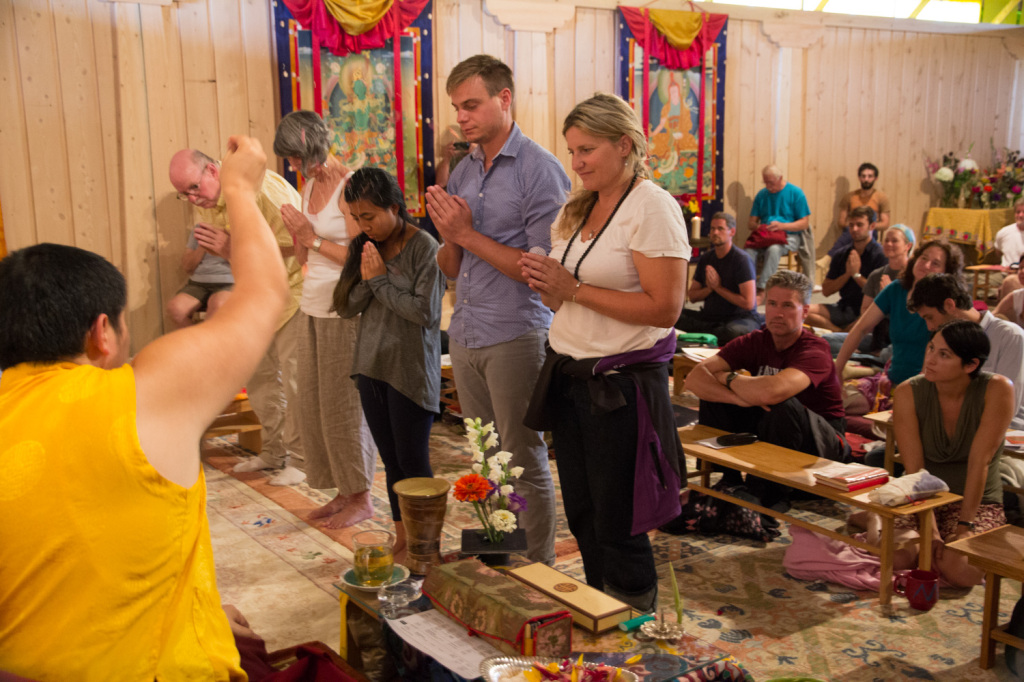We got home from our long road trip around the middle of the month and planned to visit our three sons for Christmas. I was quite a lot weaker than when they’d last seen me and I didn’t want them to be surprised so I sent them the following note.
Hi Guys, I included health related events in some of my road trip emails but it’s a while since I gave an overall picture. It sounded gloomy when I started writing this so I stopped because that gave the wrong impression. I felt a bit low that day but I almost always feel happy to be alive, enjoying the things I can still do. I just rehung prayer flags that blew down a couple of nights ago then walked round the yard, for example, but I’ll start with what I wrote then because I’d be pretending if I gave the impression that I never feel at all low.
I wrote: My equanimity is incomplete today. I’ve been tired since we got home from our road trip, exhausted the first couple of days then with a little more energy each day but with no improvement the past couple of days. I’m tired of being tired.
I’m not aware of telling myself stories about my possible future. I completely accept, as far as I can tell, that my strength will keep declining. I think it’s just that my limits really are a nuisance and I can’t get used to what I can still do because the limits on that keep increasing. It continues to be an adventure, a thought provoking opportunity for learning, but right now it’s as if I’m in an area where it’s colder than I’m used to and it’s raining.
I’ve walked round the yard a couple of times since we got back. I had to keep stopping to catch my breath the first time and I was wearing my neck brace to see how that would feel. It was uncomfortable. I didn’t wear it the second time and I felt stronger so it was more enjoyable.
I expect I’m disappointed that I stopped getting stronger and our trip is over and that’s compounded by frustration over my nostrils being so plugged the last two nights that I couldn’t use the BIPAP. Not using it may, of course, be why I’ve been so tired yesterday and today. Felicity did a lot of vacuuming and air filter cleaning and I’m breathing better today.
Another factor could be having our first really frustrating experience because I can’t speak. It was the first problem we’ve been unable to fix. I realized how difficult everyday life must be for those who are more disabled than I am.
So, here’s what’s going on as best as I can tell. My diaphragm, neck, leg and other muscles all continued to weaken in the months we were on the road. I was driving, which requires little muscle strength, and I was getting very little other exercise so I didn’t notice any change until it recently became an effort to hold my head upright. Now I’m home I’m walking a bit more, climbing the stairs and whatnot, so I am noticing that my body is weaker.
I hadn’t had the energy to climb to my practice room until yesterday afternoon. I sat meditating for half an hour, and although it felt similar to reflecting in other places it was more productive in the place Buddhist teachers refer to as a container. I’ll reestablish my practice up there for as along as I can climb the stairs.
We need strength to control our body. We also need it to control our mind, our consciousness There’s nothing I can do beyond what I’m already doing to avert my loss of physical strength but I can keep on gaining more control of my mind. The new challenges I will keep encountering as my body keeps losing functionality will give me new opportunities for learning so long as I view them in that way.
To summarize, I’m happy to be alive today and I almost always am but I don’t want to pretend I’m entirely happy in every instant. How could I be when I don’t yet have full control of my mind? It doesn’t play scary videos about my future but I do still hear gloomy background music sometimes when I get very tired. I’m less tired today because Felicity persuaded me to take a half measure of Nyquil last night in case my nostrils blocked again. They did and I had to take off the BIPAP but I got a lot of good sleep, anyway. Thank you so much, Felicity for that and for all the other things you do! I’m blessed to be with you.
January 3rd – Being with family for the holidays were very happy times.

It was also tiring. Our last visit was on New Year’s Day and by the time we got home I felt I’d reached a plateau of permanent tiredness.
It wasn’t true, just a story I made up. The next morning I decided to restart pushing myself, not hard but every day. I would resume my daily Buddhist practice and build it back to at least an hour. I would walk round the yard every day, and/or do something productive. This afternoon I tried to jump start my car that died while we were away and determined the problem is something other than or in addition to a dead battery. I also drove the mower around to charge its battery.
I sent my health update to Doma, too. She now goes for teachings by my first Buddhist teacher. Here’s part of her reply to what I wrote; “You spend most of your life in equanimity but disruption of that state is a very natural human experience. The realization of that means you are conscious and with consciousness comes work. Today, Anam Thubten said practicing Buddhism and meditating would be so boring if you do not find a piece in you that needs work.” He’s so wise and so funny 🙂

